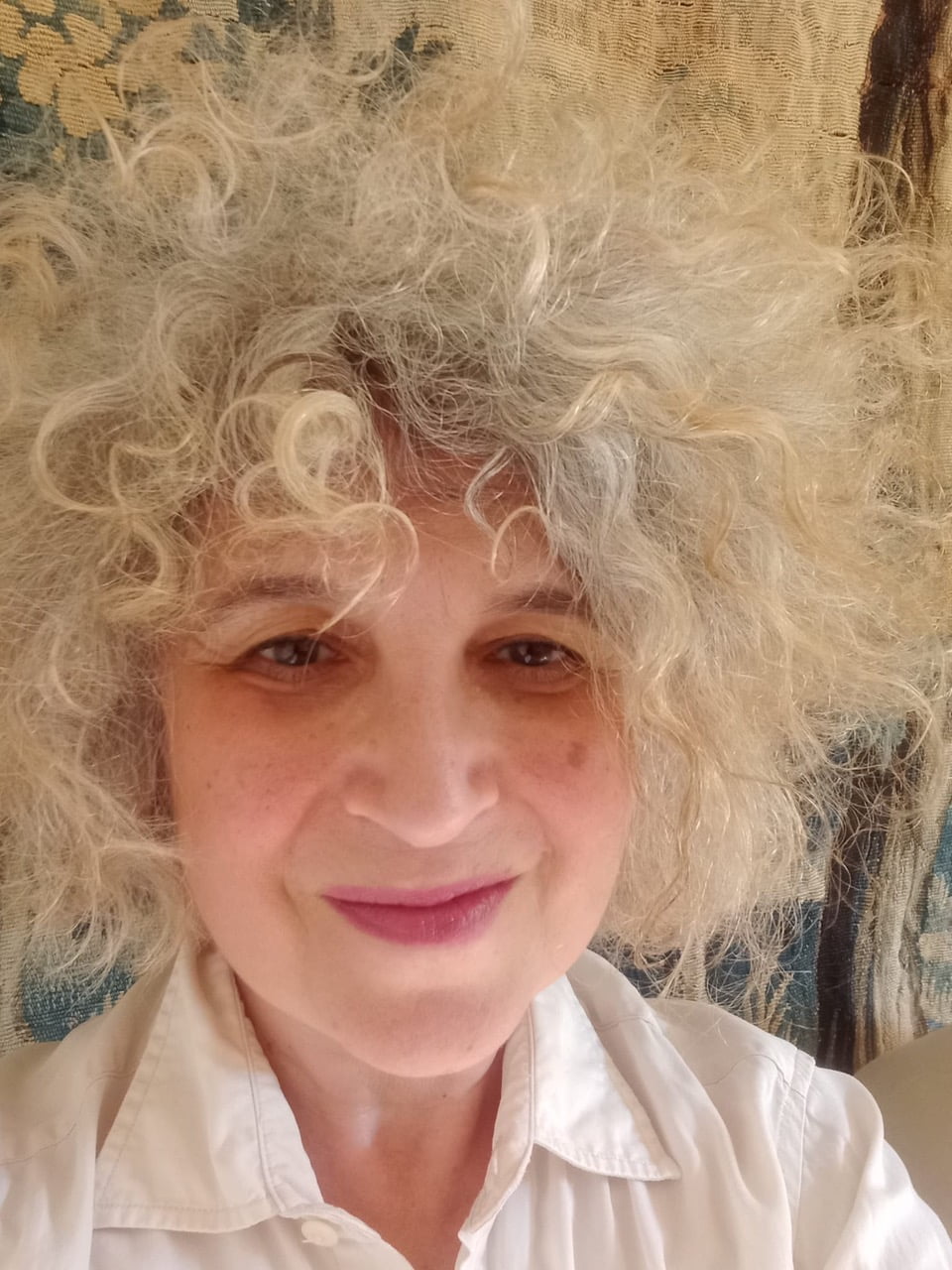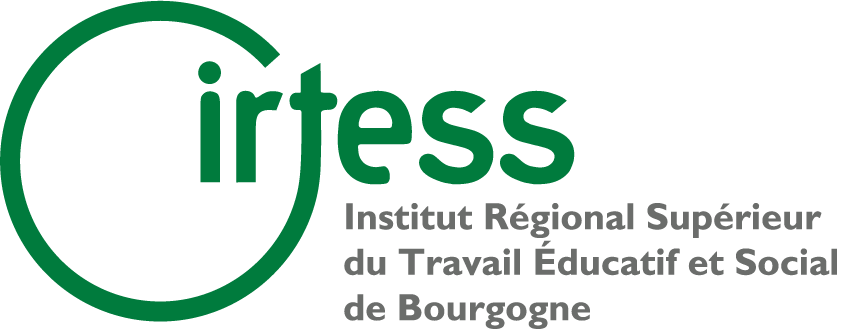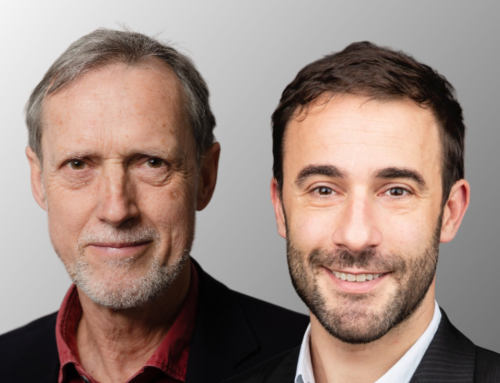
Interview with Deniz Ünal
Economist at CEPII
June 2023 Newsletter
Q1. Who were the main supporters and what were the main arguments of the outgoing president, Recep Tayyip Erdoğan, and his competitor, Kemal Kılıçdaroğlu, and in your opinion, what was the key to the presidential and legislative elections in May 2023?
The electorate of Recep Tayyip Erdoğan and the AKP (Justice and Development Party) can be described as conservative Sunni. In anticipation of the November 2015 legislative elections, which were held after the inconclusive elections in June of the same year that failed to produce a majority, the AKP formed an alliance with the main Turkish far-right party, the Nationalist Movement Party (MHP). Then, leading up to the May 2023 elections, this “popular” alliance, which had already been joined by another far-right party, the Great Unity Party (BBP), expanded to include the Democratic Left Party (DSP, nationalist), the New Prosperity Party (YRP, Islamist and highly conservative), and the Free Cause Party (HÜDA PAR, Kurdish, Sunni, fundamentalist, stemming from Hezbollah).
These are all proponents of the vertical presidential system, which was established by and for the leader of the AKP, and tends to transform the state into a party-state. This can be seen in Erdoğan’s electoral strategy, which is based, not on a genuine programme, but on ideals of national greatness, clientelist favours, and a violent stigmatisation of the opposition, accused outright of collusion with Kurdish “terrorists” and with LGBT “degenerates” who supposedly undermine the country’s integrity and its cherished family and religious values.
The electorate of Kemal Kılıçdaroğlu and his Republican People’s Party (CHP, founded by Atatürk) is secular, moderately leftist, and nationalist. Following the 2018 legislative elections, the CHP formed the Nation Alliance with the Good Party (IYI Parti, stemming from the MHP and positioning itself centre-right) and the Democratic Party (DP, also centre-right). Then, in anticipation of the May 2023 elections, this alliance became the “Table of Six” by integrating the Happiness Party (SP, moderate Islamists) and two newly founded parties, the Democracy and Progress Party (DEVA) and the Future Party (Gelecek), led by a former Minister of Economy and a former Prime Minister under Erdoğan, respectively.
Another alliance (Labour and Freedom), composed of the Peoples’ Democratic Party (HDP, which brings together progressive Kurds and other minorities) and parties located distinctly on the left side of the political spectrum, supported Kılıçdaroğlu, who presented a genuine programme emphasising the need to end polarisation and the deregulation of public life through a return to a parliamentary regime and the separation of powers.
However, in these elections marked by a strong surge of the far-right, voters preferred the candidate who appeared as the “strongman.” Erdoğan, despite the shameless support of the traditional media that he has practically brought under his control in recent years, was nevertheless forced into a second round.
Q2. Some observers have highlighted the significant stakes that these elections hold for Turkish democracy: depending on whether the country voted for one or the other presidential candidate, public and individual liberties would either be further eroded or, conversely, gradually restored. Could you remind us of the developments that Turkish democracy has undergone under the leadership of Recep Tayyip Erdoğan?
The first decade of Erdoğan’s tenure, when he was the Prime Minister in a parliamentary regime, was marked by the adoption of autonomous socio-economic regulatory institutions. The anchoring to the perspective of EU membership supported this virtuous process, which resulted in real economic prosperity and a reduction in both social and spatial inequalities. Simultaneously, public freedoms progressed. Thus, the military, which had been the “guardian” of political institutions, was sent back to the barracks.
However, the brutal repression in 2013 of massive protests by young people opposing the urbanisation project of Gezi Park in Istanbul brought an end to this prosperous era. Then, three years later, the attempted coup d’état initiated by the movement led by Fethullah Gülen, an Islamist preacher who was once allied with Erdoğan, led to a two-year state of emergency, synonymous with a drastic restriction of public freedoms and extensive purges in all sectors of the civil service. Finally, the establishment of the presidential regime in 2018 resulted in an extreme concentration of power in the hands of Erdoğan and his clan alone. This was followed by increasing authoritarianism, which was particularly evident in the imprisonment of more opposition figures and systematic deregulation of the economy, with the known consequences: record inflation, plummeting Turkish lira, a decline in purchasing power, and widespread corruption, particularly through public procurement in the construction, energy, and defence sectors.
Q3. In the face of the economic crisis, which some fear may take a systemic turn, what room for manoeuvre does the government have?
Since September 2021, the government has been experimenting with what it calls a “new economic model,” which translates into a relentless reduction in interest rates in the hope of supporting production, exports, employment, and growth. In the span of a year and a half, the central bank’s key interest rate has dropped from 19% to 8.5%. The growth rate was strong in the fourth quarter of 2021 (9.6% compared to the previous year), but since then, it has been declining (4% in the first quarter of 2023), and the prospects are bleak. The “new model” itself proves to be unsustainable.
Inflation, which stood at 20% in September 2021, nearly reached 90% in 2022, and it settled at 50% in April 2023. The successive increases in the minimum wage have far from compensated for the decrease in household purchasing power. Furthermore, Turkish growth is decreasing: the share of employee incomes now accounts for only a quarter of the GDP, representing a ten-point decrease in a decade. Inequalities are also increasing; currently, the wealthiest 20% of Turks account for nearly half of the country’s total income, while only 6% goes to the poorest 20%.
Moreover, the exchange rate has reached over 20 Turkish lira to the dollar, compared to 8 in September 2021. This has led to a significant increase in the cost of importing gas, oil, and industrial inputs. As a result, the current account deficit has widened by $66 billion over the past year and a half, raising concerns since the central bank’s official net reserves show a deficit of over $60 billion when excluding “swaps” operations and other forms of loans from “friendly countries’” central banks (China, South Korea, Russia and some Gulf and Caucasus countries). Additionally, the country needs to repay $200 billion of external debt within less than a year, settle a $20 billion bill with Gazprom (payment for which was originally due in 2022 but was postponed), and finance the budget deficit, which has been significantly exacerbated by electoral generosity and the initial reconstruction efforts in the provinces affected by earthquakes.
However, the “cost of risk” (CDS prices) on Turkish sovereign debt has become one of the highest in the world, foreign capital inflows have dried up, and the threat of a payment crisis in the near future, or even a default, is very real. In the face of this, Erdoğan, in his victory speech on May 29, affirmed that he would continue his monetary policy. It is likely that the upcoming municipal elections scheduled in less than a year explain his stubbornness in not raising interest rates to counter inflation. As for implementing regulatory measures to contain the crisis, including restoring some autonomy to the central bank, there is currently no mention of such actions.
Q4. Can salvation come from the outside? In other words, can Erdoğan’s geopolitical strategy help Turkey overcome the economic impasse you described?
Indeed, this strategy, which is a sort of balancing act, can serve as a temporary solution. As an emerging global power in a multipolar world, Turkey is considered, along with India, Indonesia, Brazil, Saudi Arabia, and South Africa, as a “pivot state” that plays a role in the conflicts surrounding Ukraine, as well as in the global leadership contest between the American and Chinese superpowers.
Turkey, with the second-largest number of personnel in NATO after the United States, did vote in favour of United Nations resolutions against Russia when it invaded Ukraine and closed its straits between the Black Sea and the Mediterranean to military vessels. Additionally, Turkey has provided and continues to supply combat drones to Kiev, while playing a significant role in the uneven transportation of Ukrainian and Russian grain exports via the Black Sea. However, Turkey refuses to apply the sanctions imposed on Russia by other NATO members in order to maintain its good relations with Moscow, upon which it is highly dependent for energy.
At the same time, Turkey cannot turn its back on the countries of the Atlantic Alliance, particularly in Europe, as they are its primary customers for its industrial products and the source of a substantial portion of its foreign direct investments. However, Turkey is increasingly importing from China, whose “Belt and Road Initiative” passes through Istanbul. It is also starting to find financing from China, Russia, Azerbaijan, Qatar, the United Arab Emirates, and Saudi Arabia. In doing so, it runs the risk of compromising its independence if its counterparts demand the transfer of key infrastructure or, as in an ongoing project, the purchase of a nuclear power plant from Russia without technology transfer, which is currently under construction on the Mediterranean coast near Antalya and will be the country’s first.
The exploitation of this rich geo-economic potential, sometimes resembling a leap into the unknown, will undoubtedly be pursued by Erdoğan. Will it allow him to postpone until the municipal elections in March 2024 the implementation of an austerity policy and virtuous reforms without which it is difficult to see how the current severe economic crisis can be halted and overcome? This seems to be the gamble he is making at the beginning of his second presidential term…






